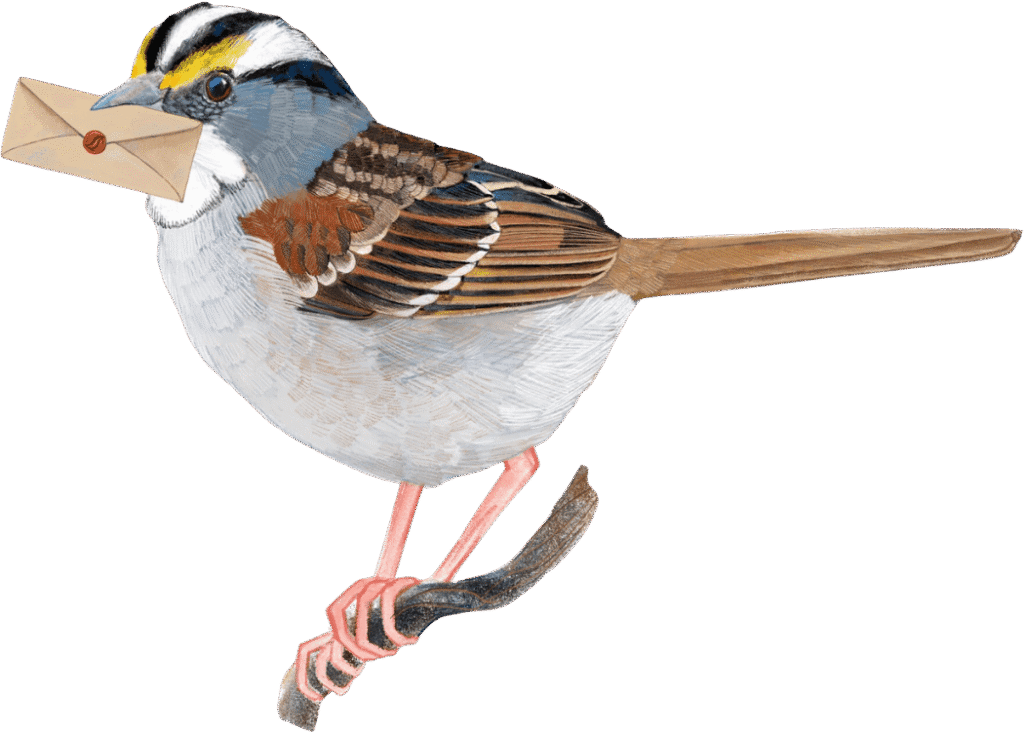VCE’s Commitment to Racial Justice
As ecologists, we know that biological communities are strongest and most resilient when they are most diverse. Prevalent racism in our nation robs all of us of a richer, more deeply connected, and fulfilling human experience. Past injustices such as the killings of Michael Brown, Trayvon Martin, George Floyd, and Breonna Taylor, have left us dispirited, outraged, and hurt… but committed to meaningful action more than ever before.
Systemic racism became rooted in our country with the arrival of Europeans and the subsequent genocide and forced removal of Native Americans and enslavement of millions of Africans. The modern reincarnations of this legacy pervade every aspect of our lives, in every corner of Vermont from the Taconic Mountains to the Northeast Highlands. It is only privilege that allows us to pretend that longstanding wounds are healed.
These past weeks have roused us—harshly and necessarily—from our complacency, reminding us that Black lives are routinely oppressed and dehumanized in all aspects of life.
We’ve seen Black birders have their lives threatened for doing what White birders take for granted—birding in a public park.
We’ve heard about Black hikers encountering racism in the middle of the wilderness.
We’ve read about Black scientists being punished for reporting racism at universities and having their credentials challenged by the police at their field sites and laboratories.
And, we are painfully aware that all of this takes place against the backdrop of Ecology—one of the least racially diverse fields of science.
It is not enough to be not racist—our silence implies approval of the machinery of racism. We have a moral obligation to become antiracists in our personal and professional lives, and to speak and act out against the pervasive intolerance and injustice that envelops our nation.
Let us be as clear as possible: Black lives matter.
We at the Vermont Center for Ecostudies value diversity, equity, and inclusion; we are committed to action and creating change, both within our organization and our broader sphere of influence. Each month, you’ll hear from us about our efforts—our successes and failures. This humble list of actions will continue to grow as we learn and evolve into a more inclusive organization.
We pledge to:
- adjust our outreach, employment, and programming practices and priorities to build diversity across our organization—including volunteers, interns, staff, board, and constituents;
- highlight the science, research, and importance of Black, Indigenous, People of Color (BIPOC) naturalists and biologists;
- promote the work of groups like @OutdoorAfro and @BlackAFinSTEM across VCE’s social media channels through hashtags such as #BlackintheIvory, #BlackBirdersWeek, #BlackWomenWhoBird, and #BlackInNature to amplify their voices;
- prominently display our diversity, equity, and inclusion statement on our website;
- reexamine our partnerships to collaborate with racially diverse institutions;
- expand recruitment for employment opportunities beyond the Northeast and to historically Black colleges and universities and urban community colleges;
- explore avenues whereby VCE can improve access to birding and other natural pursuits in Vermont’s BIPOC communities;
- bring increased focus to the biodiversity value of urban landscapes within Vermont; and
- acknowledge the ancestral Indigenous lands where our work occurs.
We will actively seek advice from people more knowledgeable and experienced in these issues than we are, and we will listen and learn as we move ahead. We invite you to join us, to engage us, to challenge us, to grow with us, and to take action alongside us.
Sincerely,
VCE Staff: Emily Anderson, Mistie Boule, Karen Bourque, Sarah Carline, Steve Faccio, Eric Hanson, Spencer Hardy, Jason Hill, Susan Hindinger, Jason Loomis, Kent McFarland, Liza Morse, Chris Rimmer, Nathaniel Sharp, Kevin Tolan
VCE Board of Directors: Peter Brooke, Celia Chen, Nan Cochran, Bill Hayes, Bob Holley, Jared Keyes, Stephanie McCaull, William Schmidt


How bout adding shifting language from “citizen science” to “community science” to that pledge? Citizen is politically loaded and unnecessarily exclusionary.
You make an excellent point, thank you!
I just started serving on the environmental justice committee for Maine Lakes, http://www.lakes.me, and I showed the members VCE’s statement. Yours is the best model I have found for a dozen reasons. I’ll be watching and learning from you. I am creating a new module for all three of my spring courses on environmental justice in the spring of 2021 at Plymouth State University, Plymouth, N.H.